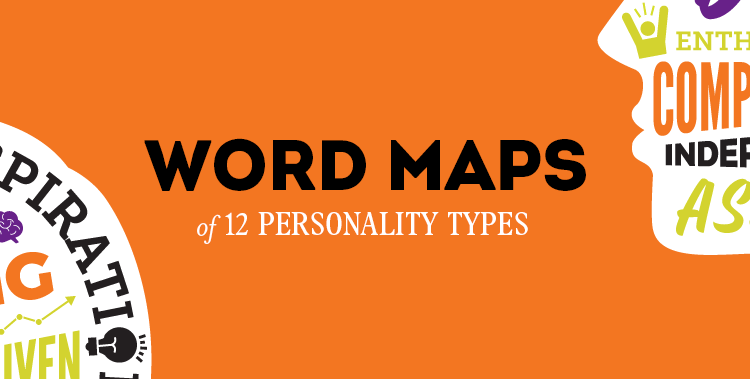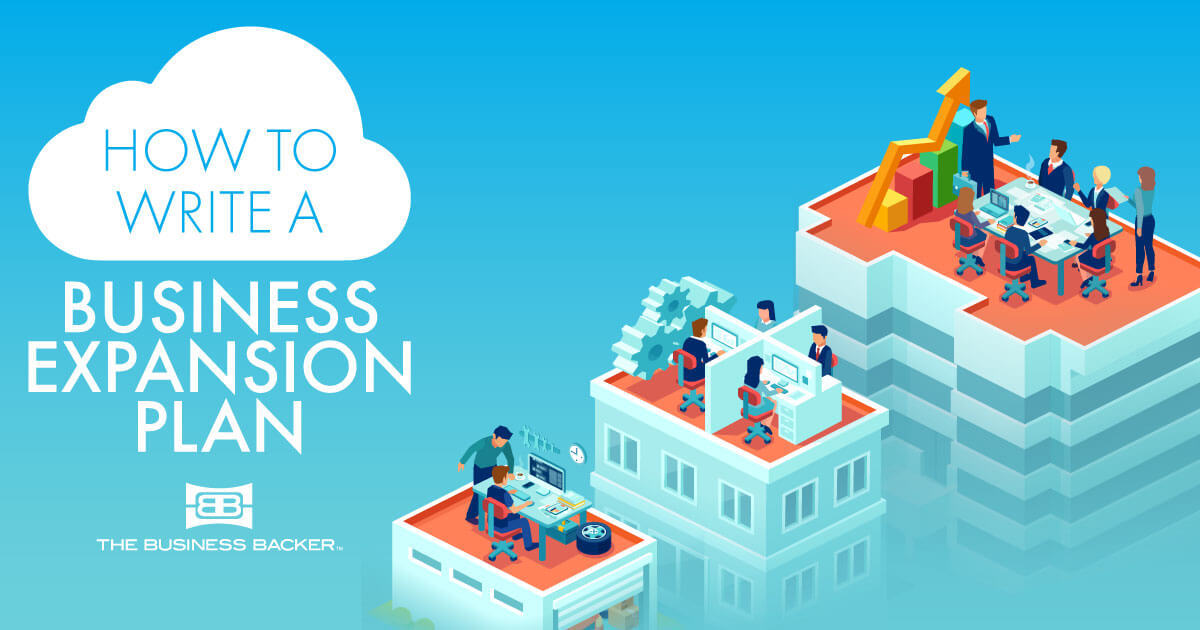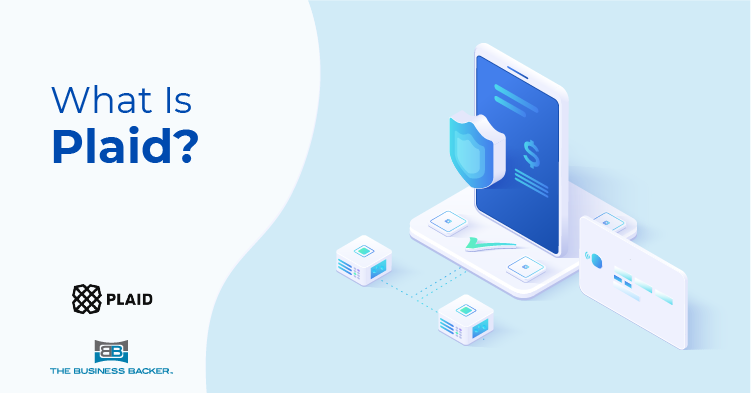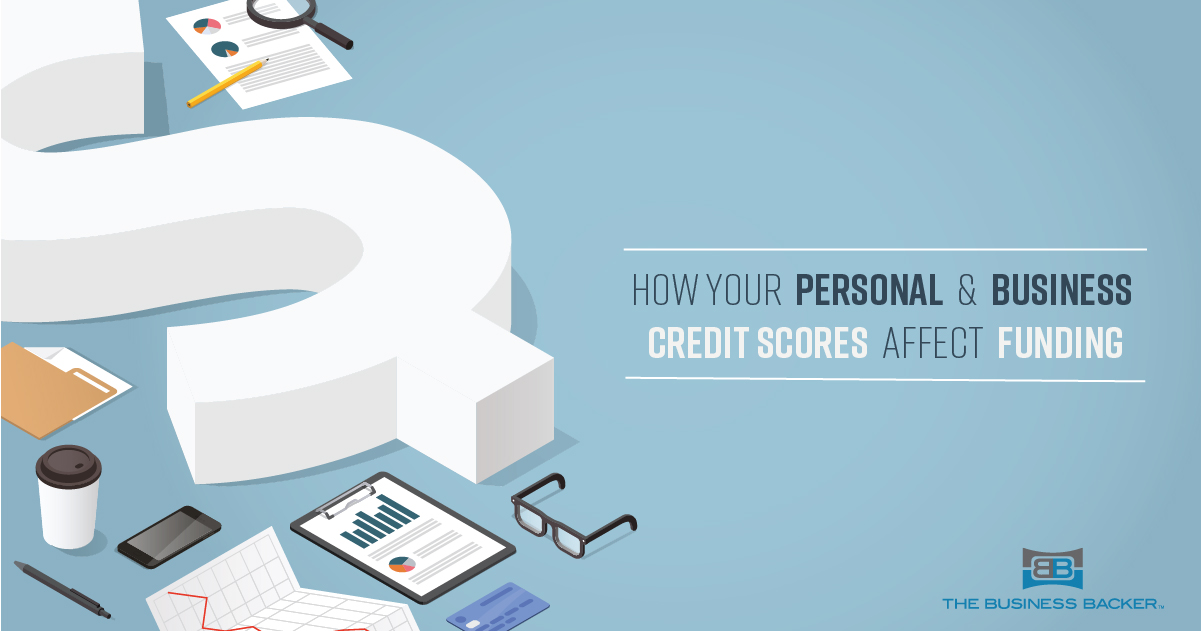The 8 Questions Small Business Owners Should Ask When Seeking Capital: Question #3
Question 3: What items are needed to get funding?
First things first: Have you approached your bank? At The Business Backer, we always recommend that our clients check with their banks first before seeking outside sources of capital. A short conversation with your bank about their requirements and expectations can give you an idea of whether or not you should apply for a loan, and will save you a lot of time and prevent headaches if you aren’t qualified. If your bank can’t help, they may be able to point you in a different direction or at least give you feedback on what to do next.
It is also important to keep in mind that if you do not qualify with your bank, you could still qualify with a smaller community bank or credit union. In addition to doing your own research on these institutions, seek the help of your trusted advisors, the SBA, SCORE or local small business resource centers for guidance and referrals.
With all of this in mind, ask yourself a few key questions before you begin your search for non-bank alternatives:
WHAT IS MOST IMPORTANT TO YOU REGARDING THIS LOAN? SPEED? EASE? TERMS? COST?
Having a clear understanding of your goals can help narrow down the types of lenders you should target. For instance, if you have an opportunity to get inventory at half the cost if you buy X amount by X date, and it will generate significant revenue, then speed may be more important to you than term or cost. Or maybe you are preparing for a remodeling project you are hoping to tackle in the next few months. If you have more time to work with, cost may be your most important factor.
There is a wide spectrum of products available in the alternative funding market. You will have a number of options from near-prime to high risk with a variety of terms, costs and speed to funding. Be straightforward about your goals and get multiple offers in order to compare.
WHAT IS YOUR CREDIT SCORE?
Collect your business and personal credit reports from major credit rating agencies and resolve any discrepancies before you go through the application process. Knowing your credit score will also help you set expectations. If you have a lower score, you still have options, but they may be limited and expensive.
WHAT DOCUMENTATION SHOULD YOU PREPARE?
When you are ready to finally start applying, having a few key items ready can significantly expedite the process. Every lender and funding company will request different information and documentation, but the following items are generally required across the board:
Complete application – In addition to basic personal and business information, also be prepared with:
- Company federal tax ID
- Company start date
- Company gross annual sales
- Business type (sole proprietorship, LLC, etc.)
- Business owner(s) Social Security number(s)
- Landlord contact information (if applicable)
- Ownership percentage
- If you own less than 50% of the company, most lenders will require complete information from all other owners
Personal and business credit history – Prepare for a soft or hard pull of your credit
Personal and business financial statements – Usually 3 months to 3 years depending on the lender and the type of loan
Business tax returns – Usually 3 months to 3 years depending on the lender and the type of loan
Financial statements – Often includes P&L, balance sheet, cash flow (if available), A/R and A/P aging
Bank statements – Personal and business
References – Could include one or all of the following: trade, landlord, franchise, bank
Legal documents – Business licenses and registrations, commercial leases, articles of incorporation, third party contracts, franchise agreements
Other legal information – Tax liens, judgments, bankruptcies (if applicable)
Other possible documentation
- Business plan with details of where your business is today and your future plans and projections
- Cash flow projections for at least one year
- Collateral – May not be necessary if loan is unsecured
- Resumes of owners
- Copy of owner(s) driver’s license
- Voided check for the business account
- Personal guaranties from all principals (more than 20% owners) from previous 3 years
Next month’s question: Are there limitations on how I use the money?
First things first: Have you approached your bank? At The Business Backer, we always recommend that our clients check with their banks first before seeking outside sources of capital. A short conversation with your bank about their requirements and expectations can give you an idea of whether or not you should apply for a loan, and will save you a lot of time and prevent headaches if you aren’t qualified. If your bank can’t help, they may be able to point you in a different direction or at least give you feedback on what to do next.
It is also important to keep in mind that if you do not qualify with your bank, you could still qualify with a smaller community bank or credit union. In addition to doing your own research on these institutions, seek the help of your trusted advisors, the SBA, SCORE or local small business resource centers for guidance and referrals.
With all of this in mind, ask yourself a few key questions before you begin your search for non-bank alternatives:
WHAT IS MOST IMPORTANT TO YOU REGARDING THIS LOAN? SPEED? EASE? TERMS? COST?
Having a clear understanding of your goals can help narrow down the types of lenders you should target. For instance, if you have an opportunity to get inventory at half the cost if you buy X amount by X date, and it will generate significant revenue, then speed may be more important to you than term or cost. Or maybe you are preparing for a remodeling project you are hoping to tackle in the next few months. If you have more time to work with, cost may be your most important factor.
There is a wide spectrum of products available in the alternative funding market. You will have a number of options from near-prime to high risk with a variety of terms, costs and speed to funding. Be straightforward about your goals and get multiple offers in order to compare.
WHAT IS YOUR CREDIT SCORE?
Collect your business and personal credit reports from major credit rating agencies and resolve any discrepancies before you go through the application process. Knowing your credit score will also help you set expectations. If you have a lower score, you still have options, but they may be limited and expensive.
WHAT DOCUMENTATION SHOULD YOU PREPARE?
When you are ready to finally start applying, having a few key items ready can significantly expedite the process. Every lender and funding company will request different information and documentation, but the following items are generally required across the board:
Complete application – In addition to basic personal and business information, also be prepared with:
- Company federal tax ID
- Company start date
- Company gross annual sales
- Business type (sole proprietorship, LLC, etc.)
- Business owner(s) Social Security number(s)
- Landlord contact information (if applicable)
- Ownership percentage
- If you own less than 50% of the company, most lenders will require complete information from all other owners
Personal and business credit history – Prepare for a soft or hard pull of your credit
Personal and business financial statements – Usually 3 months to 3 years depending on the lender and the type of loan
Business tax returns – Usually 3 months to 3 years depending on the lender and the type of loan
Financial statements – Often includes P&L, balance sheet, cash flow (if available), A/R and A/P aging
Bank statements – Personal and business
References – Could include one or all of the following: trade, landlord, franchise, bank
Legal documents – Business licenses and registrations, commercial leases, articles of incorporation, third party contracts, franchise agreements
Other legal information – Tax liens, judgments, bankruptcies (if applicable)
Other possible documentation
- Business plan with details of where your business is today and your future plans and projections
- Cash flow projections for at least one year
- Collateral – May not be necessary if loan is unsecured
- Resumes of owners
- Copy of owner(s) driver’s license
- Voided check for the business account
- Personal guaranties from all principals (more than 20% owners) from previous 3 years
Next month’s question: Are there limitations on how I use the money?





